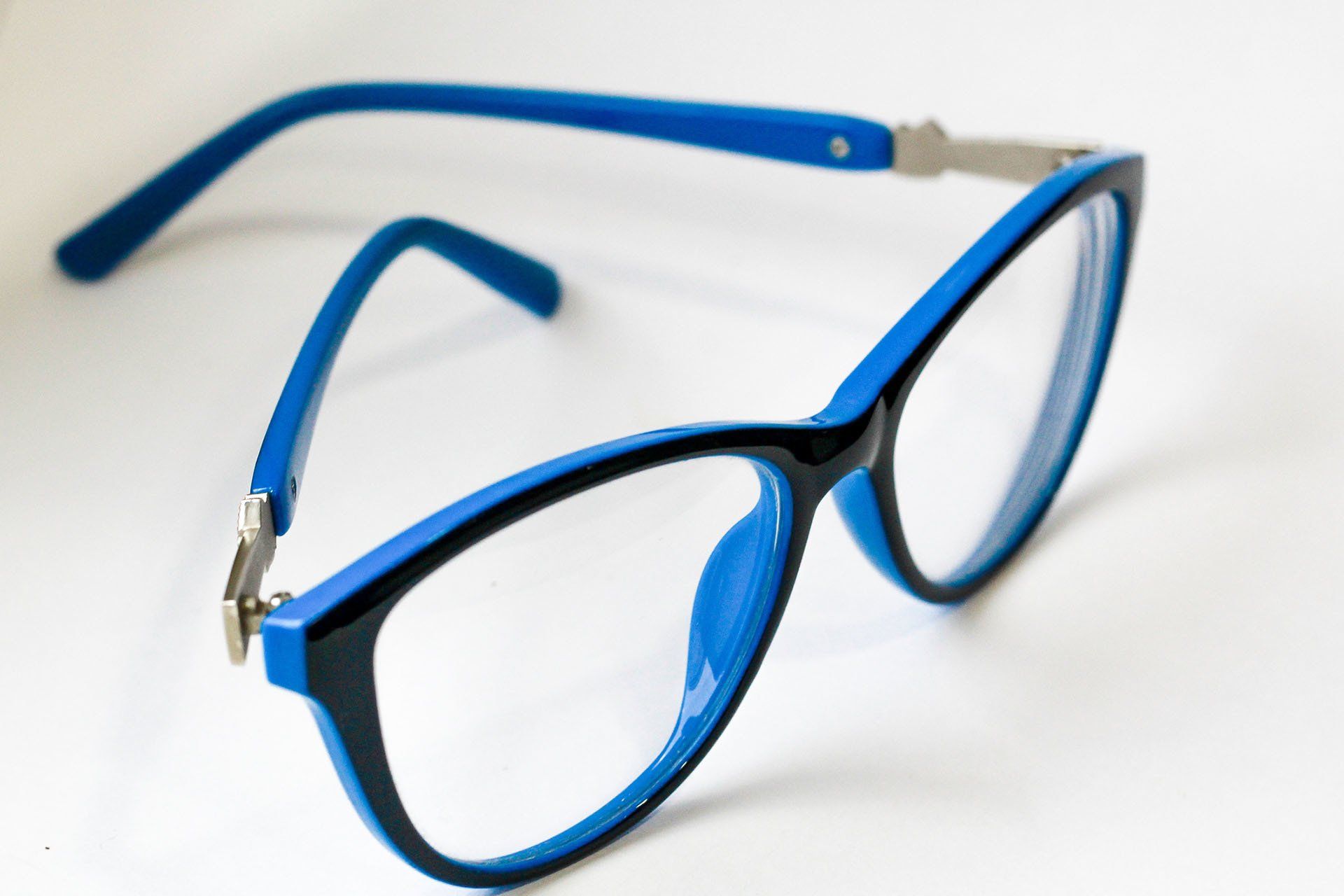Glasses or Contacts? 5 Factors to Help You Decide
Do you need corrective lenses to see properly? Modern consumers have a wide variety of choices about their corrective vision wear - more than at any time in history. And the first question you'll need to answer is whether to opt for glasses or contacts.
Which should you choose? And why? Here are five categories of pros and cons to consider.
1. Cost
Traditionally, contacts have cost more than regular glasses. That's largely because they must be replaced on a more regular basis - especially with weekly or daily wear options. However, the real cost of glasses depends on your prescription as well as choices about what add-ons or frames you want to buy. It also depends on how often you end up replacing the glasses.
Those with a simple prescription who choose budget-friendly glasses may find that contacts come out as the more expensive option in the end. The only way to know for sure is to do the math for your particular situation.
2. Health
Contacts are more sensitive and require more maintenance to keep them healthy for your eyes. When you wear them, you'll also be touching your eyes more than a glasses-wearer has to. This touching does boost your risk of eye infections, especially if you are prone to them. In this case, glasses may be a better option.
Glasses, though, do hold certain health risks. If you like sports or heavy outdoor activities, you could lose your glasses and end up in a tight spot for instance. And they may not fix your vision problems due to distorted vision around the edges of the glasses.
3. Durability
Contact lenses are not usually made to be used for the long term - and may cause eye problems if used for too long. Glasses, on the other hand, may hold up for several years if cared for properly. Despite the larger initial cost for glasses, many people find that their long-term durability offsets the cost and means they don't have to visit the optometrist as often.
That said, you will have to take measures to protect your glasses. Every time you remove them, put them in a place where they won't be stepped on or otherwise damaged.
4. Convenience
As mentioned, contacts require more care and maintenance. You'll have to put them in and take them out, clean them, and store them properly. Some users also have a hard time adjusting to new contacts or to a different type of contact. If you already have a busy and full life, the added effort may not appeal to you.
Of course, glasses aren't completely free of inconveniences either. If you have to wear safety goggles for any reason - such as when playing sports, working with equipment, or swimming - you may need separate prescription goggles or glasses for these activities. Glasses can also be challenging in the rain, when you're very active, or when you're playing around water.
5. Looks
How do glasses make you feel? This is probably the most important factor for many people. Getting glasses can make a person feel less attractive, whereas contacts are an invisible corrective tool that won't change your appearance. You could even use colored contacts to change your eye color.
On the other hand, glasses have become fashionable to the point where even those who don't need them sometimes wear them as a fashion accessory. If you're in an emotional place where you could use the feeling of being a new person, glasses might be the way to achieve that goal.
No matter what your preference - glasses, contacts, or both - at Fraser Optical, we can provide you with what you need to see and feel great. Call today to make an appointment to learn more from our vision professionals.












